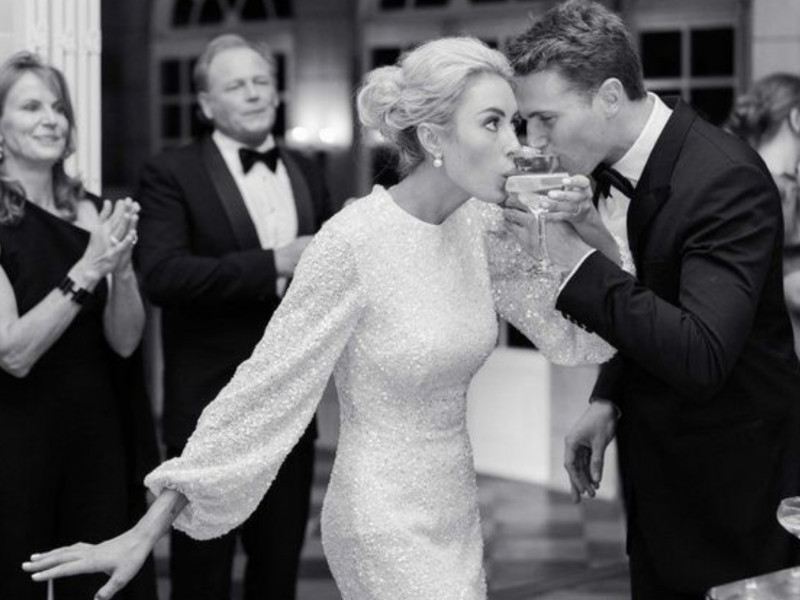
Wedding
day is a very important occasion in the life of every couple. The
importance of this day implies each wedding to be organized according
to certain traditions. But time never stops in one place, so do
traditions. Time and traditions are changing simultaneously, and both
of them make wedding etiquette different from that one which was
considered to be modern few times ago. In the age of wedding hashtags
and relationship statuses, wedding etiquette has changed a lot, so
you as a representer of the modern society need to know some of the
most notable differences between modern and traditional wedding
etiquette.
Who pays the wedding bill?
Traditionally, a bride’s family would write a cheque to cover the wedding expenses, while the groom’s family would pay for the honeymoon trip. However, times have changed. Nowadays, it became more common for the couple and to split wedding costs with their families, or even to cover all wedding expenses by themselves, without financial help of relatives. In the age of influencers, businessmen and businesswomen, newly-wed couple can allow to pay for their wedding with money from their own budget. In fact, it is more convenient for couple to pay by their own, because if they will break the bank during the wedding organizing, they won`t need to report their family, where they spent the money. There is some recent statistics of that, who actually pays the wedding bill: 47.6% of couples are sharing the wedding costs with their parents, 42.5% of couples were paying for the wedding by themselves. The remaining percentage said the weddings are being paid for either only by parents or the bride or groom separately.
Gender equality for guests
Originally, grooms select their closest male friends or family members to be groomsmen, and brides choose their closest girlfriends to be bridesmaids. However, the bride`s bridal party can include not only women now, and the groom’s bridal party needn’t only include men. The main reason of breaking this tradition is that both groom and bride can have a friends of the opposite sex, or, for example, bride can have a brother or groom can have a sister conversely, who want to be a part of bride`s or groom`s team. Now it’s increasingly common for the bride and groom to choose members of the opposite sex to be a part of their wedding party. Why? Because modern couples don’t feel the need to follow this tradition just for the sake of it. Nowadays, bridal parties and weddings are only about gathering people together, so you can invite anybody to your big day, no matter what their gender. It’s one of the most refreshing changes when it comes with modern wedding etiquette.
#WeddingHashtag
Should you have a wedding hashtag or not? This is certainly not a question for modern newlyweds and it won`t be during next 2 or 3 years! A wedding hashtag allows your wedding guests to share all the photos they have captured on their smartphones throughout the day via social media. By using this simple thing with a `#` symbol, the couple take a look at all the images from their special occasion. The most interesting thing to observe is that how people, who just a few years ago asked what is it a `hashtag, are passionary using #hashtags on the wedding day of their children and grandchildren.
Money as a gift
In the old times it wasn’t considered to be polite for newlyweds to ask for money (especially for cash) as a wedding present. But now our life became less superstitious. It is far more commonplace these days that Couples are living together before marriage and have everything for their marital home. However, they may be saving for something they don’t already have, so money as a gift can be a really useful thing. Couples who prefer cash as a gift will normally set up a wishing well allowing guests to donate money towards, for example, their honeymoon, that home deposit, or something else for their general future together. In the age of credit and debit cards, modern wishing well can be not only physical, but digital too. Honestly, it is even more convenient today to `represent` a money-gift to couple, because all you need is to know the number of bank account of newlyweds.